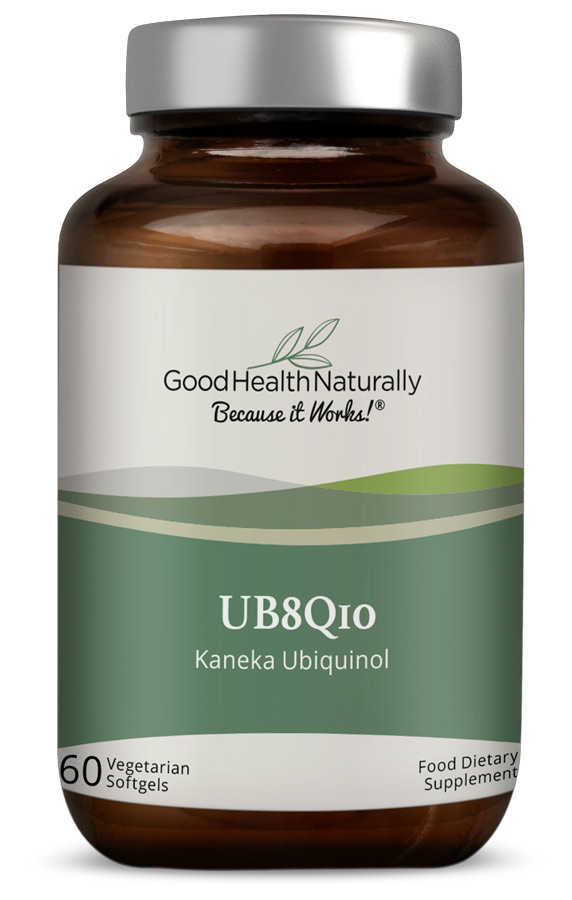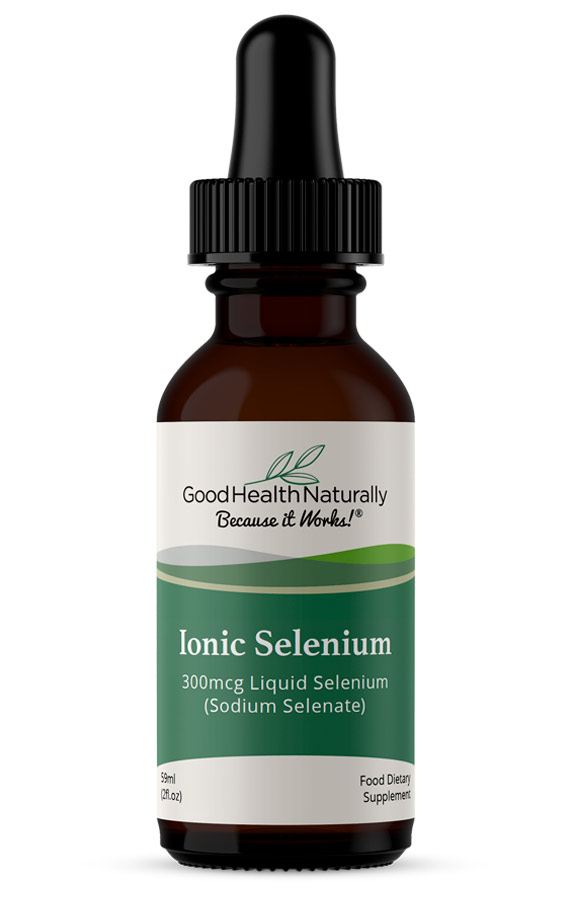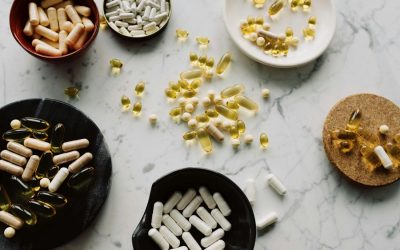As we age, our bodies undergo various changes that can impact our health, particularly in the areas of thyroid function and cardiovascular health. Recent research has revealed the significant benefits of supplementing with selenium and CoQ10 for ageing populations, particularly those with nutritional deficiencies. This blog post delves into why selenium may be deficient in diets and soil, how CoQ10 levels naturally decline with age, and how supplementation can support overall health and quality of life.
Understanding Selenium Deficiency and Its Impact
Selenium is an essential trace mineral crucial for various bodily functions, including the metabolism of thyroid hormones, antioxidant defence, and immune response. Unfortunately, selenium deficiency is not uncommon, especially in regions with selenium-poor soils. This deficiency in the soil directly impacts the selenium content of food, leading to insufficient dietary intake in many populations.
In European countries, for instance, selenium intake often falls below recommended levels, leading to reduced activity of selenium-dependent enzymes, such as deiodinases. These enzymes are vital for converting thyroid hormones into their active or inactive forms, and a deficiency can result in hormonal imbalances, affecting metabolism and overall health.
CoQ10: A Key Nutrient That Declines with Age
Coenzyme Q10 (CoQ10) is a compound that is critical in cell energy production and acts as a powerful antioxidant. The body produces CoQ10 naturally, but levels decline as we age, which can lead to increased oxidative stress and reduced cellular energy. This decline happens as young as 40 and is particularly concerning because CoQ10 is crucial for heart health, as it supports the mitochondria—the energy powerhouses of cells.
Reduced CoQ10 levels have been associated with ageing-related conditions, including cardiovascular diseases. Thus, maintaining adequate levels through supplementation can be particularly beneficial for older individuals, helping to mitigate these risks and support overall vitality.
Selenium and CoQ10 for Ageing: Evidence from Recent Research
A recent study published in BMC Medicine investigated the effects of supplementing selenium and CoQ10 in an elderly Swedish population, which was characterised by low selenium levels. This randomised, placebo-controlled, double-blind study involved 414 participants who received daily supplements of 200 µg of selenium and 200 mg of CoQ10 over four years.
The study’s findings were significant:
Enhanced Thyroid Function: Supplementation with selenium and CoQ10 resulted in improved thyroid hormone levels. Participants experienced an increase in free T3 (fT3) and reverse T3 (rT3), a decrease in free T4 (fT4), and a stabilisation of thyroid-stimulating hormone (TSH) levels. These hormonal changes indicate better thyroid function, which is crucial for maintaining metabolic balance and overall health.
Reduced Cardiovascular Mortality: The research highlighted a noteworthy reduction in cardiovascular mortality among the supplement group compared to the placebo group. This suggests that optimising levels of selenium and CoQ10 can have protective cardiovascular effects, particularly beneficial for ageing individuals at higher risk for heart diseases.
Improved Quality of Life: Participants who received the supplements reported significant improvements in health-related quality of life (Hr-QoL), particularly in mental health aspects. This highlights the broader benefits of maintaining adequate selenium and CoQ10 levels, extending beyond physical health to mental well-being.
Why Consider Selenium and CoQ10 for Ageing?
Given the natural decline of CoQ10 with age and the prevalence of selenium-deficient soils, supplementation can be an effective strategy to support ageing health. These nutrients are vital for maintaining thyroid function, protecting against cardiovascular diseases, and improving overall quality of life.
Consulting with healthcare professionals to determine the appropriate dosage and type of supplements is helpful for those interested in enhancing their health as they age. Individual needs can vary, and personalised advice can help optimise the benefits of supplementation.
Conclusion
In summary, the research on selenium and CoQ10 for ageing underscores the importance of addressing these nutritional deficiencies, especially in elderly populations. By supplementing these essential nutrients, individuals can support better thyroid function, reduce cardiovascular risks, and enhance their quality of life. As we strive for healthy ageing, incorporating selenium and CoQ10 into our health regimen may be vital to achieving this
Reference;
https://bmcmedicine.biomedcentral.com/articles/10.1186/s12916-024-03411-1






